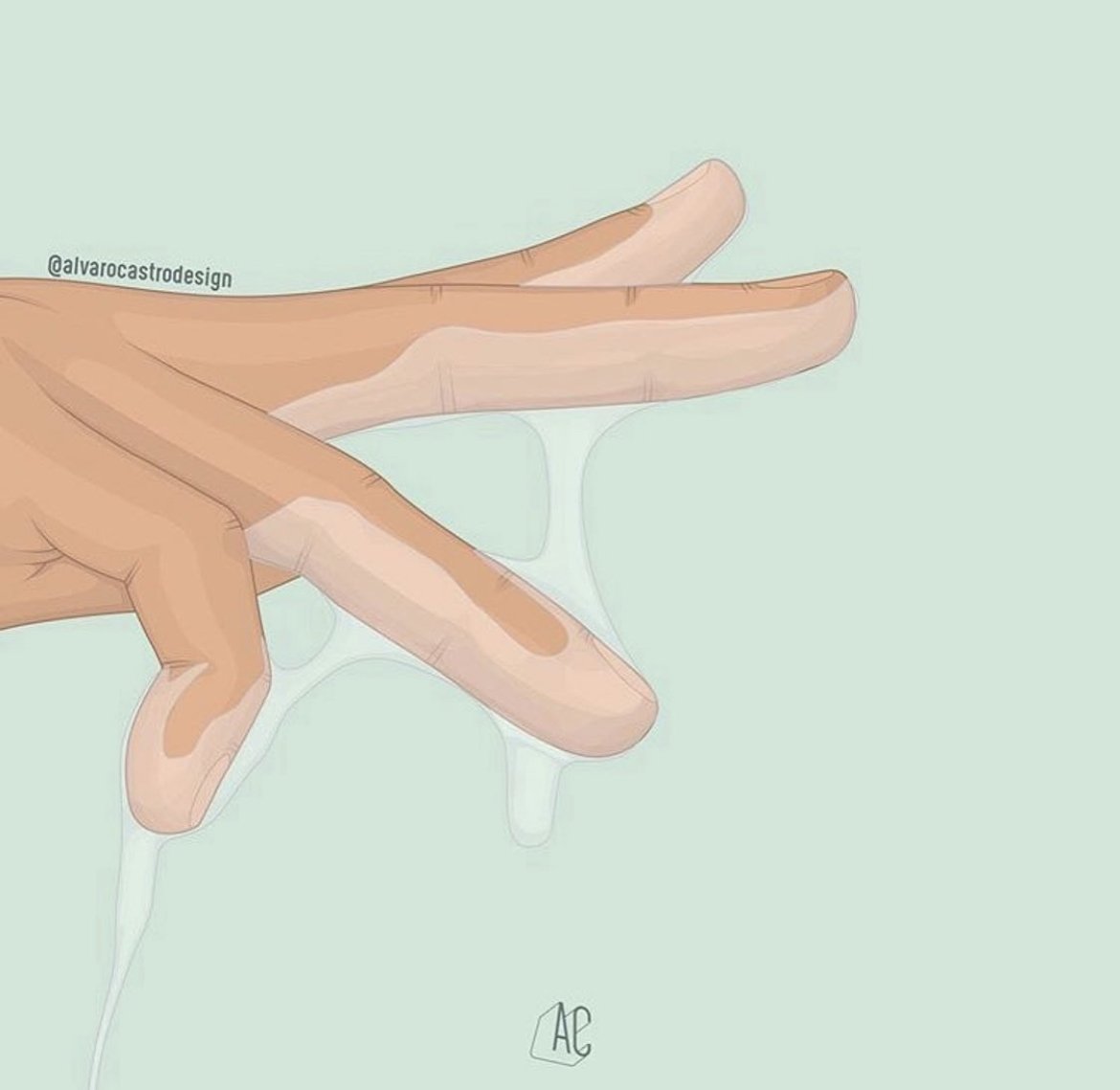Is Non-Monogamy For Me?
We spoke with a panel and addressed the question, “Is non-monogamy right for you?” We had panelists with diverse personalities, dispositions, and experiences in exploration. Some knew earlier in life than others that they were interested in open relationships – even going back to defying structure in the 2nd-grade classroom. While all three were committed to non-monogamy, they were at different stages of exploring polyamorous configurations. No matter how experienced, all of the panelists were dedicated to growth and self-discovery. They experienced challenges (spoiler alert: those never go away!) that motivated them to build tools, improve skills, learn about themselves, and accept their personal truths.
How do you know open relationships are for you?
The panelists expressed several benefits of ethical non-monogamy that clued them into their fit for the lifestyle. They noted that being able to have multiple romantic and sexual relationships helped them feel fully self-expressed; they could love and be loved in a way that feels free. Some also got hints from their disposition toward monogamy, one noting that they can experience crankiness from acting monogamous for too long. They also felt secure knowing that their relationships wouldn’t limit options for family planning. Rather than taking away from it, non-monogamy alters or broadens their vision. All of the panelists desire to have children but are not fixated on a specific number of partners who will be involved. One mused that they’d like to bring up children in a tribe-like environment with many adults and children extending love beyond the biological connections. Overall, the freedom and increased opportunities for connection helped them realize that they should pursue alternative relationships.
Where is the work?
For some people, non-monogamy is a very natural path, and their disposition is wired for it. For others, there is more work in evaluating the landscape and building tools to navigate it. One panelist said their work is in learning to read themselves - then process the emotion and what its source. And what do they do with that emotional energy? The goal through this ongoing challenge is to carve out better paths to that post-processing calm and serenity. Another panelist shared that their “work” is in letting go of their ego while dealing with jealousy. Jealousy can launch an adult tantrum that makes it feel impossible to share attention with others. The panelist realized over time that “being romantic is easier than being seen.” Their work was learning how to express their real truths, no matter how ugly, and trust that they would be accepted. One thing that helped immensely was internalizing that they are not replaceable. The panelists agreed that jealousy is workable and comes from a need place, not a love place. The work will look different for everyone. The process of designing a relationship, being in touch with emotions, and communicating needs without a framework or “relationship default settings” will never be easy.
What tools can help make the work easier?
There are lots of ways to ease the transition or exploration of alternative relationships. This could be (1) personal strategies in communication (one panelist named nonviolent communication); (2) built-up dispositional traits like cognitive flexibility and tolerance to ambiguity; (3) a strong foundation in an existing relationship with a partner, and especially with yourself; and (4) support from the local community as well as trustworthy allies in your life. We realize these are the universal challenges as people embark on an exploration of non-monogamy.
Until next time… Stay curious!
Still have questions? Visit our website, come to one of our events, check out the podcast, or find community on Facebook and Patreon. You do not need to figure this out on your own; stay find and connect a curious community of friends.
To hear more curious and courageous stories, subscribe to Curious Fox for free. Each week you will find more stories and lessons, as well as ways that you can explore your curiosity.










